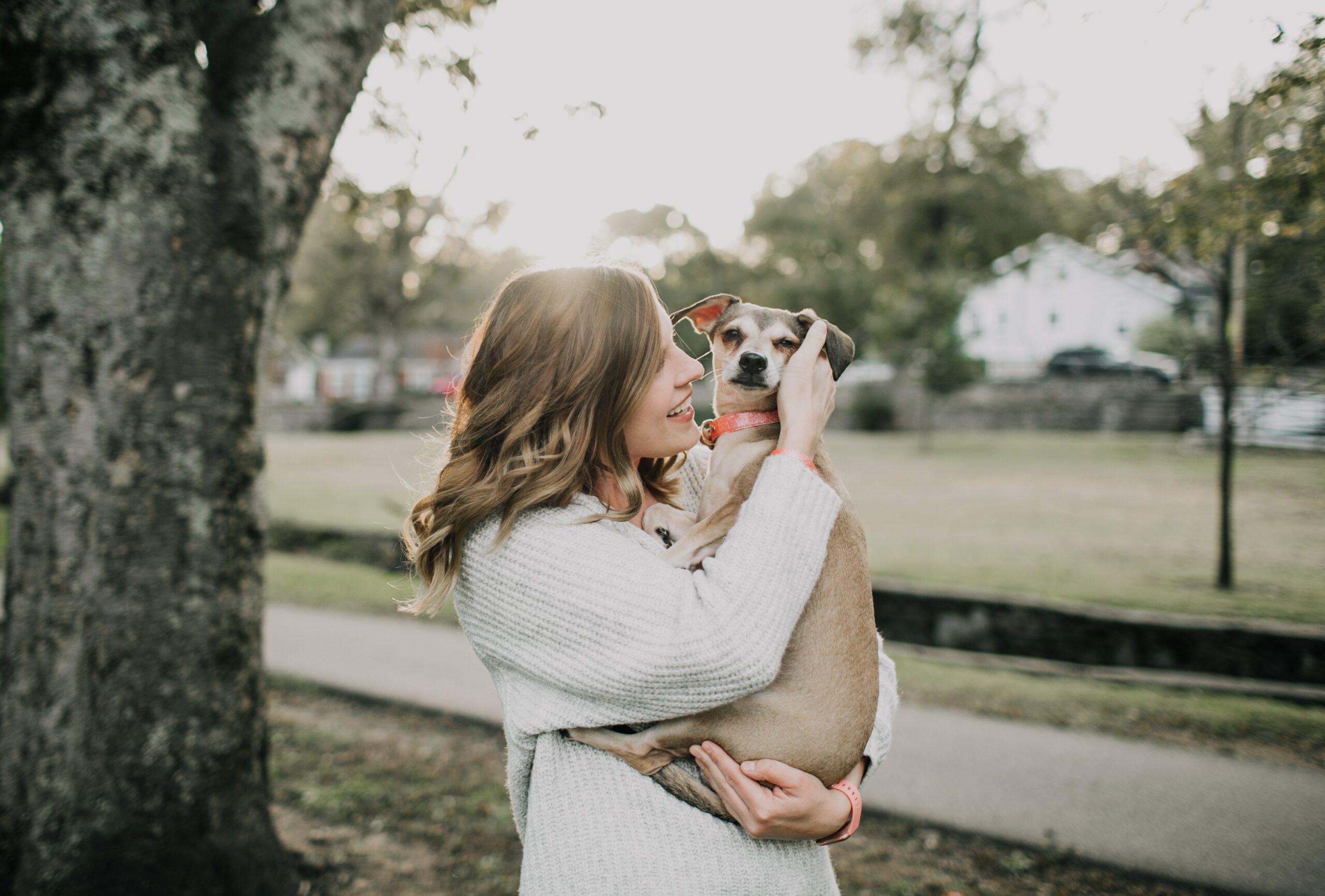
There comes a point in time when animal lovers consider owning the pet of their dreams. However, it doesn’t mean that they are allowed to keep any pets that they wish for if they were to live in a HDB flat.
On a brighter note, with recent changes made to allow bigger sized dogs to be rehomed, it makes the process of adoption far more convenient for those whose criteria expands beyond owning small dogs.
In this blog, we will be highlighting the dog breeds allowed for adoption, as well as rules and regulations to owning pets within HDBs.
Dog Regulations and Good Practices
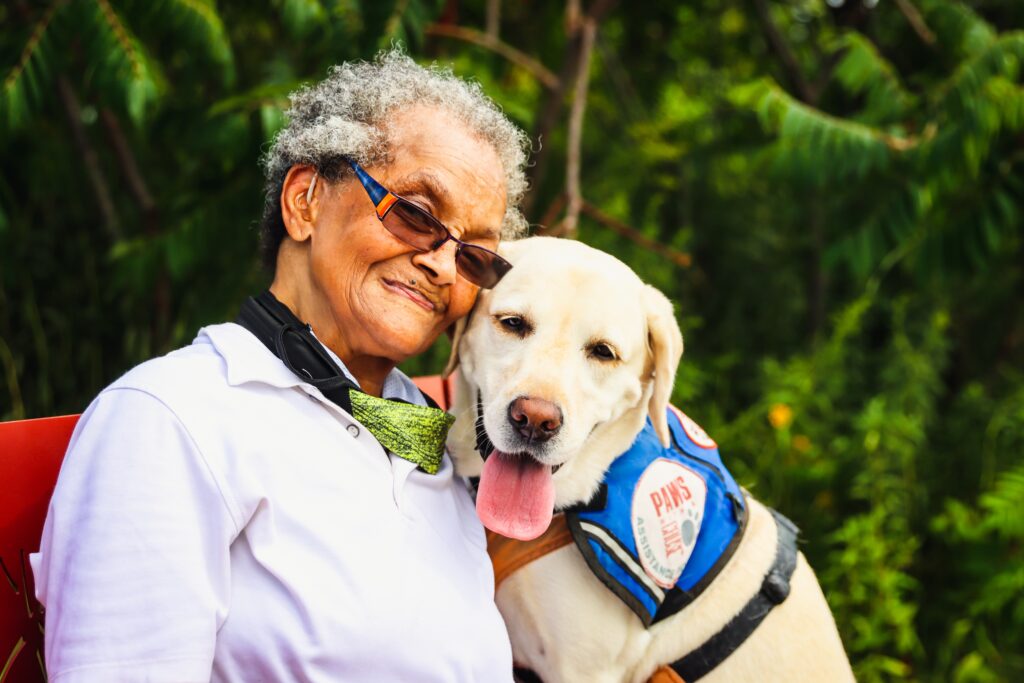
To own a pet, you must understand what it means to be a responsible owner. To prevent conflicts with your housing estate and neighbours, there are rules by HDB you must abide by.
Flouting HDB rules will result in hefty fines up to $4,000.
The table below summarises regulations pet owners must follow to adopt a dog:
| Frequently Asked Questions (FAQ) | Answer |
|---|---|
| How many dogs can I own? | 1 per HDB Flat |
| Is there a restriction as to how big my dog can be? | – Maximum height up to 40 cm – Weight of 10 kg and below – Singapore Special with a shoulder height up to 55cm under Project ADORE |
| Must I register my dog? | Yes, dog owners must have their pet licensed by the NParks Animal & Veterinary Service (AVS) via PALS. |
| Is there a cost to licence my dog? | $15, refer to NParks’ Page for terms and conditions. |
It is also important that you exercise good practice when it comes to creating a safe and comfortable environment for your dog:
-
- Ensure it doesn’t bark excessively
-
- Pick up and dispose their waste promptly
-
- Keep them safe and secured in your home
-
- Ensure your dog socialises with your neighbours when possible to avoid future conflicts
HDB Approved Dog Breeds
The infographic below shows the 62 dog breeds approved by the Housing and Development Board (HDB).
We have also provided a short description of the dog breeds regarding their traits. This is to ensure that you have what it takes to care for that specific breed once you have made up your mind!





If you wish to adopt a dog that’s not listed on the HDB list, you will need to live in a private property unit.
HDB Approved Dogs under Project ADORE
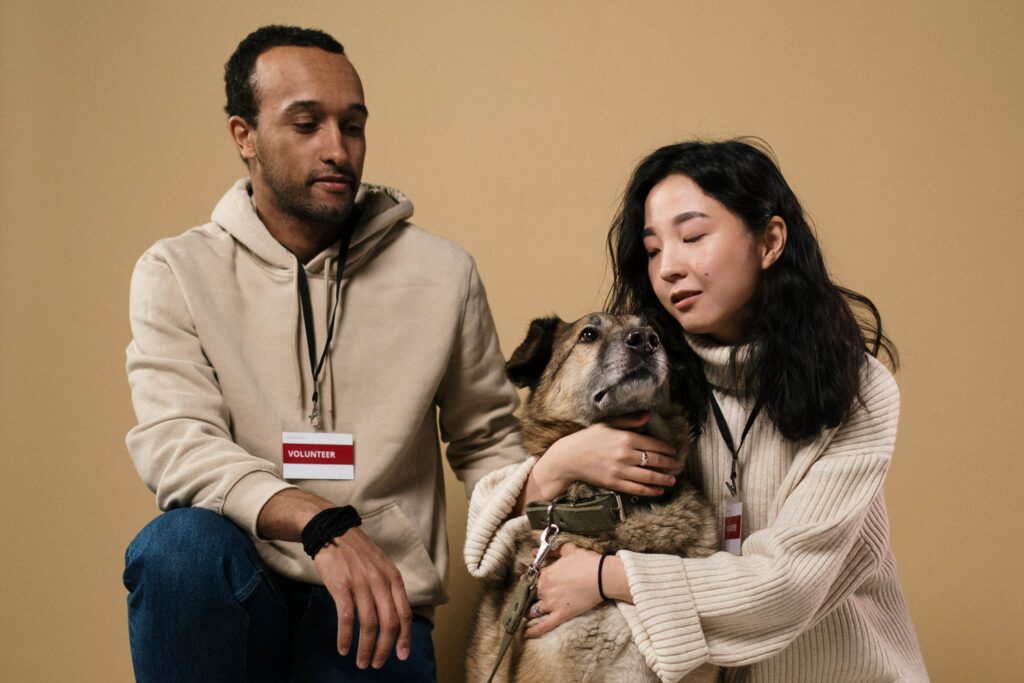
If you stay in HDB but love bigger dogs, Project ADORE is for you. Despite the dog size limits, Project ADORE (ADOption and REhoming of Dogs) aims to look past the restrictions. Introduced in April 2012, Project ADORE was implemented to assess the acceptance of mixed-breed dogs in HDB estates if proper safeguards were in place.
Only dogs adopted from these 5 participating dog shelters are qualified for the scheme:
-
- SPCA
-
- Action for Singapore Dogs
-
- Save Our Street Dogs
-
- Exclusively Mongrels
-
- Causes for Animals
1335 of these mixed breed dogs, also known as Singapore Specials, had been successfully rehomed as of 31 December 2019.
In March 2020, the Animal and Veterinary Service (AVS) announced a revised criterion for Project ADORE, with the hope to allow 20% more local mixed-breed dogs to be adopted each year.
Pet lovers interested in adopting Singapore Specials may refer to this table:
| Size of Singapore Special | – Shoulder height up to 55 cm – No weight restrictions |
| Must the dog be sterilised, vaccinated and microchipped? | Yes |
| Must the dog complete training? | The dog must have undergone basic obedience training by AVA-accredited trainers |
In addition, under this schedule, you must do the following:
-
- Understand that only 1 registered dog is allowed per HDB household
-
- Check that your immediate neighbours are open to you having a dog
-
- Sign a declaration that you’ll observe the Code of Responsible Behaviour (CORB)
-
- Apply for an AVA licence.
There are many benefits to adopting a Singapore Special. They tend to be intelligent, which makes them easily trainable. Additionally, their longer lifespans of up to 15 years make them the perfect choice for family pets. Sadly, they are often overlooked due to their tendency to be difficult at times.
However, if you give yourself enough time and effort, they will start to warm up to you and understand what it is like to feel loved. So trust the process!
Are Cats Allowed to Live in HDB Flats?
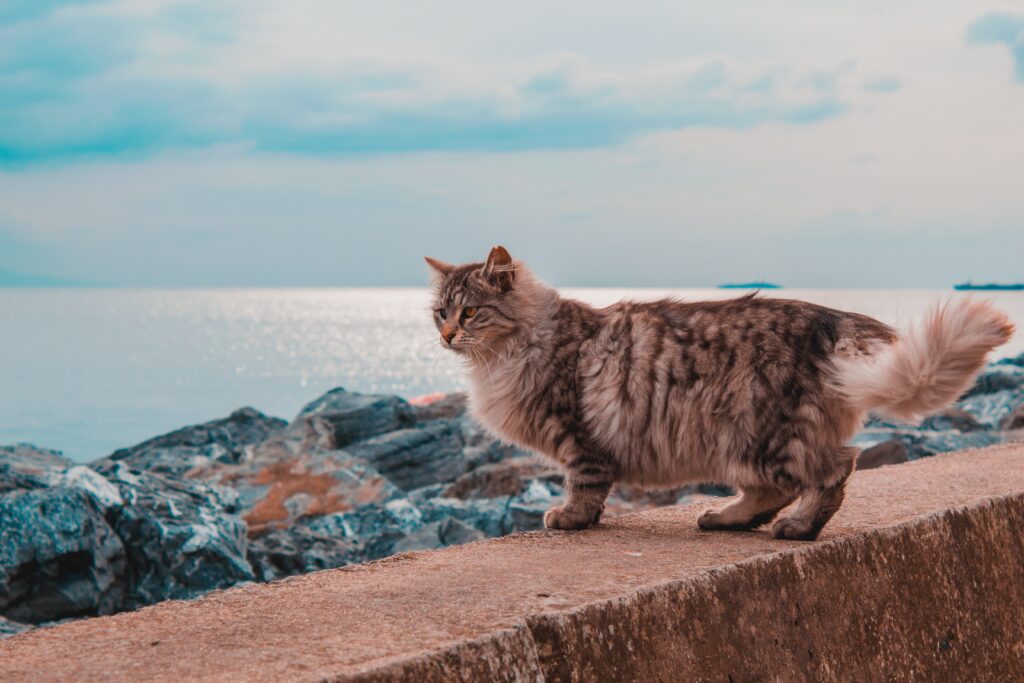
Unfortunately, due to housing laws, cats are not allowed in flats. The reason stated is due to being “difficult to contain within the “flat”. When they are not kept indoors, their fur, urine and faeces may pose health and hygiene risks to the public. In addition, it is cited that caterwauling may also cause inconvenience to neighbours.
However, this rule has not stopped cat lovers from having the felines in HDB flats.. As long as you manage to keep them well-behaved and your neighbours happy, it does not seem that the rule was strictly enforced.
As felines have won the hearts of many, the authority has been experimenting to lift the rules under a pilot scheme known as Love Cats. About 120 households in HDB flats in Chong Pang at Yishun have been permitted to raise one feline each under this scheme which was launched in October 2021, as long as the cats are microchipped, sterilised and kept indoor.
This pilot scheme is run by the Cat Welfare Society with support from government agencies such as the Housing and Development Board (HDB) and the Ministry of National Development (MND).
They are also supported by Law Minister K. Shanmugam and Louis Ng, who is the Member of Parliament for Nee Soon GRCand the founder of ACRES Group (Animal Concerns Research and Education Society).
Pets That Can Be Adopted Aside From Dogs
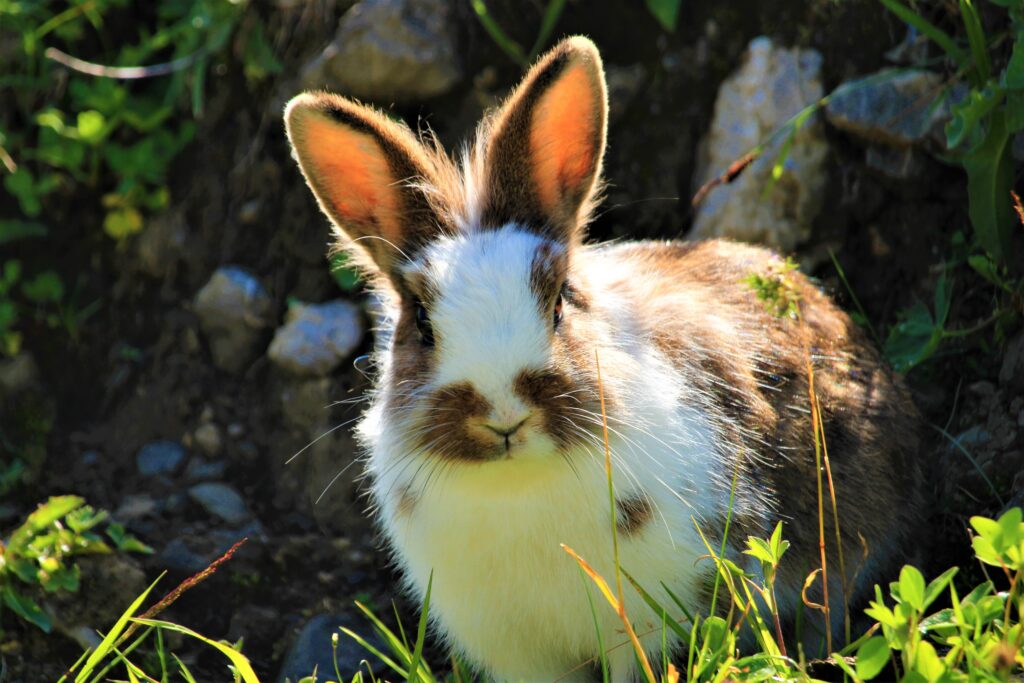
Keeping small pets is permitted within HDB flats, so long as they don’t cause inconvenience to neighbours or mess up common areas.
These pets include:
-
- Birds (except house crow, white-vented or Javan myna, common myna, feral pigeon, birds that are protected wildlife species)
-
- Chinchillas
-
- Fish (except piranhas and fish that are protected wildlife)
-
- Gerbils
-
- Green tree frogs
-
- Guinea Pigs
-
- Hamsters
-
- Land Hermit crabs
-
- Malayan box turtles
-
- Mice
-
- Rabbits
For birds and fishes, please note that those listed in the CITES Appendices must be imported with CITES permits or Certificates of Origin. The NParks website of the Animal and Veterinary Service provides more info on what other pets can be raised in Singapore.
Licensing for Other Pets
As far as research goes, there isn’t a stated fact that you must register your pets if it is not a dog. However, AVS encourages that you observe the Code of Animal Welfare, which specifies the minimum standards for animal housing, management, and care which pet owners are expected to comply with.
It is written in the form of a booklet and infographic, both of which you should take a look at by clicking on the respective words.
Other Banned Pets
In addition to cats, there are also other animals that are not allowed to be kept as HDB pets, such as:
-
- Hedgehogs
-
- Bearded dragons
-
- Star tortoises
-
- Sugar Gliders
-
- Snakes
-
- Crocodilian Reptiles
The reasoning for these animals is mainly due to safety concerns.
To All Pet Owners, Stay Responsible
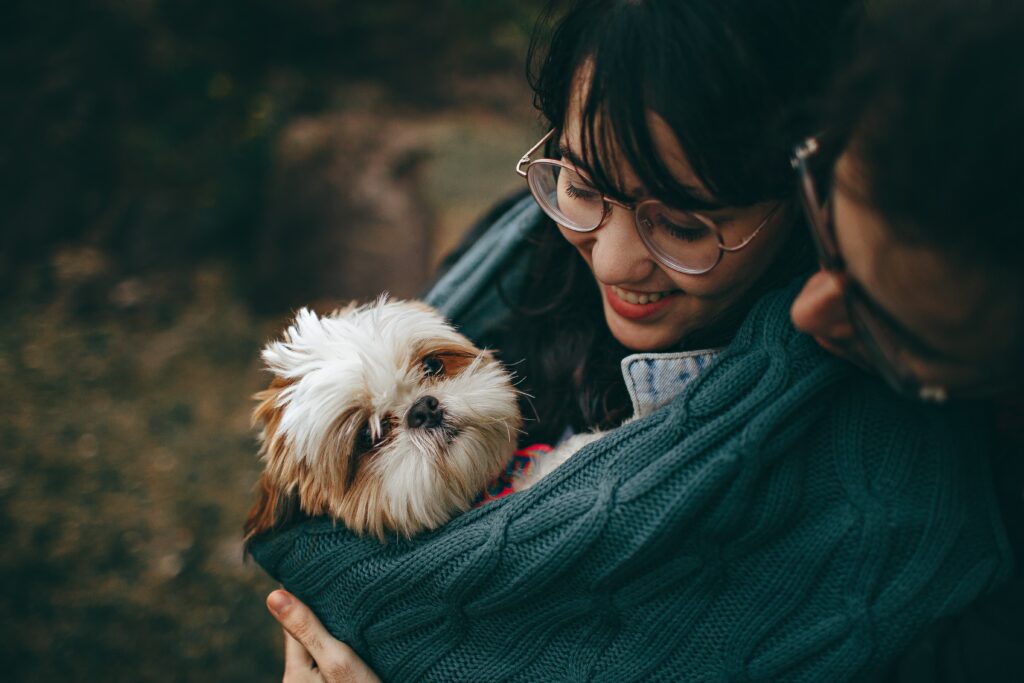
Before getting a pet, ensure that you have done your research and are fully prepared to commit to the life of a pet owner. If you already have owned one, always research ways to make their quality of living even better!
Don’t buy a pet just because you can. You should always consider if it is something that you feel a special connection to. It’s a whole new adventure once you become a pet owner, but it’s an exciting one!
Share this:
- Click to share on WhatsApp (Opens in new window) WhatsApp
- Click to share on Facebook (Opens in new window) Facebook
- Click to share on LinkedIn (Opens in new window) LinkedIn
- Click to share on Pinterest (Opens in new window) Pinterest
- Click to share on Tumblr (Opens in new window) Tumblr
- Click to share on X (Opens in new window) X
- Click to share on Reddit (Opens in new window) Reddit
- Click to share on Telegram (Opens in new window) Telegram
- Click to email a link to a friend (Opens in new window) Email
- Click to print (Opens in new window) Print






























